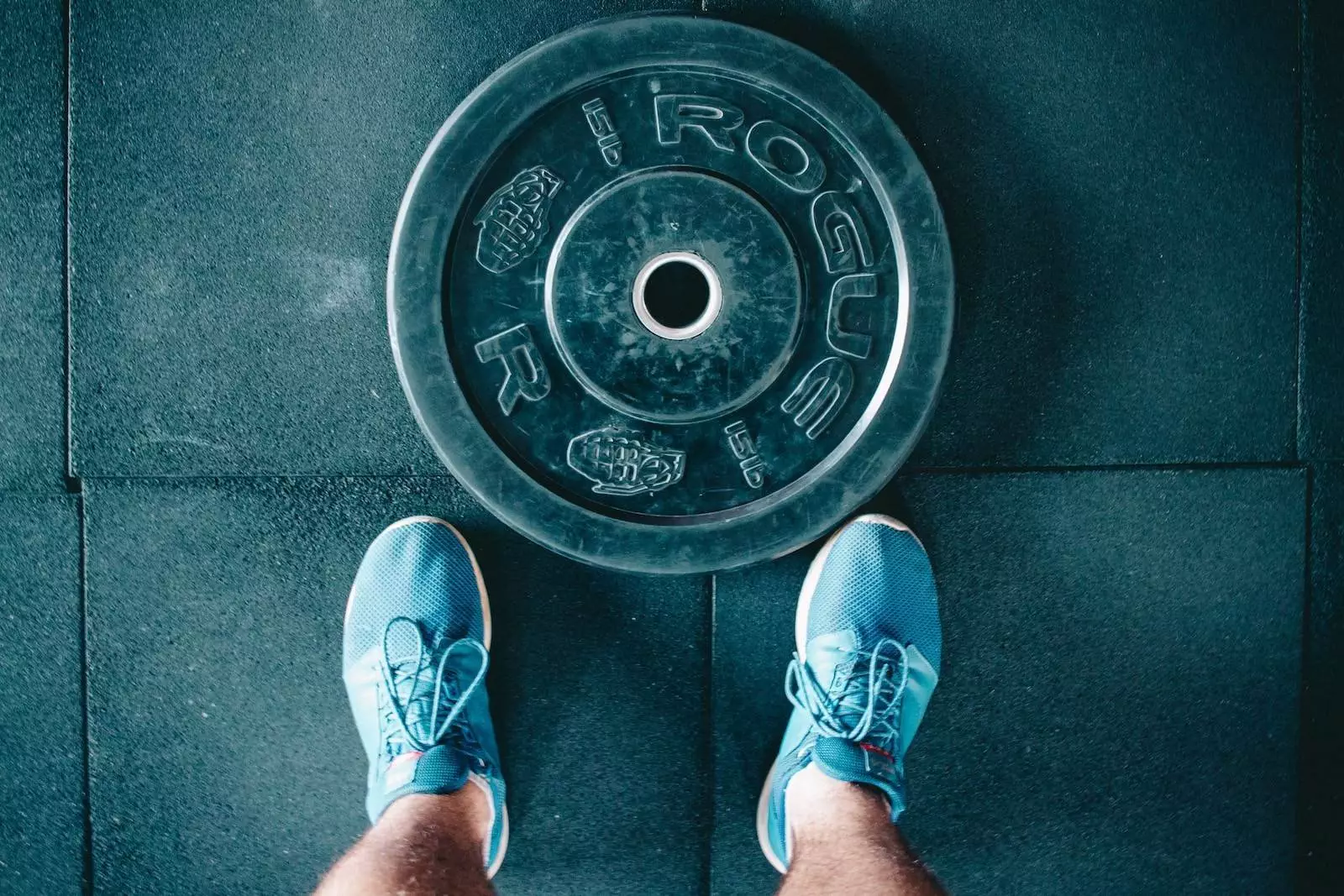Operating a gym or fitness business comes with inherent risks and potential liabilities. From accidents and injuries to property damage and legal claims, the fitness industry faces unique challenges that necessitate adequate insurance coverage. In this comprehensive guide, we will delve into the importance of gym insurance, shedding light on the risks involved and the need for comprehensive protection.
-
The Risks Faced by Gym Owners:
Gym owners encounter a range of risks that can have significant financial and legal implications. Some of the common risks include:
a. Accidents and Injuries: Gyms are dynamic environments where accidents can happen. Slip and fall incidents, equipment malfunctions, and inadequate supervision can result in injuries to clients or employees.
b. Property Damage: Gyms are filled with expensive exercise equipment, which can be susceptible to damage from accidents, fire, water leaks, or natural disasters.
c. Professional Liability: Trainers and instructors may face claims of negligence or misconduct related to their guidance, advice, or training programs.
d. Theft and Vandalism: Gyms often have valuable equipment, and theft or vandalism can lead to financial losses.
e. Cybersecurity Threats: With the increasing use of technology in gyms, the risk of data breaches and cyberattacks has become a significant concern.
-
The Importance of Gym Insurance Coverage:
a. Financial Protection: Gym insurance provides financial protection against unexpected events and liabilities. It helps cover the costs of property damage, legal claims, medical expenses, and potential lawsuits, safeguarding the financial stability of the business.
b. Liability Coverage: Gym insurance typically includes general liability coverage, which protects against claims arising from accidents, injuries, or property damage that occur on the premises. It also offers coverage for product liability, professional liability, and cyber liability, depending on the policy.
c. Property and Equipment Protection: Gym insurance ensures that the physical assets of the business, including exercise equipment, furnishings, and fixtures, are protected against damage, theft, or loss.
d. Business Interruption Coverage: In the event of a catastrophic event, such as a fire or natural disaster, gym insurance can provide coverage for the loss of income during the period of business interruption.
e. Legal Defense: Gym insurance can cover the costs of legal defense if the business faces lawsuits or claims, helping to alleviate the financial burden associated with legal proceedings.
-
Choosing the Right Gym Insurance Policy:
a. Assessing Coverage Needs: Each gym is unique, so it’s important to assess the specific risks and coverage needs of your business. Consider factors such as the size of the facility, number of employees, types of equipment, and services offered.
b. General Liability Insurance: This is a fundamental coverage that protects against third-party claims for bodily injury, property damage, and personal injury. Ensure that your policy includes coverage for slip and fall incidents, equipment-related accidents, and other potential liabilities.
c. Property Insurance: Protect your physical assets, including the building, equipment, and inventory, against damage or loss caused by fire, theft, vandalism, or natural disasters.
d. Professional Liability Insurance: If your gym offers specialized training programs or employs personal trainers, professional liability insurance can protect against claims of negligence, errors, or omissions in the provision of professional services.
e. Additional Coverage Options: Consider other coverage options, such as workers’ compensation insurance to protect your employees, cyber liability insurance to safeguard against data breaches, and business interruption insurance to cover loss of income during unforeseen disruptions.
Conclusion:
Gym insurance is an essential investment for fitness businesses, offering financial protection and peace of mind. From accidents and injuries to property damage and legal claims, the risks faced by gym owners are substantial. By understanding the importance of comprehensive insurance coverage, gym owners can mitigate potential liabilities and protect their business from unforeseen events. Prioritize evaluating your gym’s specific needs and work with an experienced insurance provider to tailor a policy that suits your requirements. Don’t wait until it’s too late—secure your gym’s future with the right insurance coverage today.
You have visited 0 post(s)



















